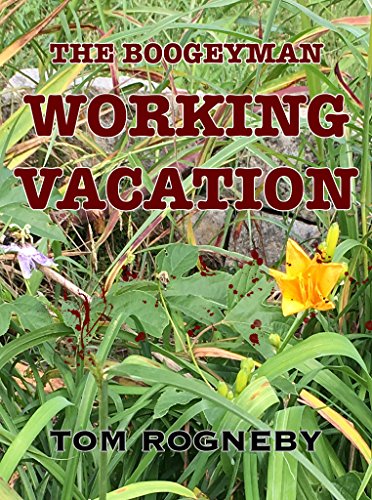On January 27, 1967, the crew of Apollo 1 strapped themselves into their spacecraft for a routine test. Astronauts Grissom, White, and Chaffee were preparing for a launch of the first Apollo spacecraft a few weeks later. The United States was racing to put men on the moon, and this was to be a vital test of the craft that would take them there.
After the doors were sealed, something started a fire in the oxygen-filled capsule, and the three astronauts died before they could get out or be rescued. This was the first time that an American space crew had perished. Unfortunately, it was not the last.
The deaths of these brave men sobered a nation which was giddy over the space program. Few at the time realized the true risks astronauts took every time they flew, much less in the preparations for flight. NASA, to its credit, learned from the tragedy and used its lessons to improve the equipment and procedures used in later missions.
I grew up in the immediate aftermath of the Apollo missions. I remember, vaguely, being placed in front of my parents’ television to watch men walk on the moon. My first science fiction books were full of hope that mankind would stretch out from our planet to explore and conquer the stars. Men like Grissom, White, and Chaffee, along with their compatriots aboard Challenger and Columbia, remind us that achieving those dreams will be dangerous and it will exact a toll in lives.
We will find our way in space, of that I have no doubt. Our astronauts, cosmonauts, and taikonauts are the descendants of all of the men and women who stretched out across vast oceans to find the next island or the lands over the horizon. But those journeys, as deadly as they were, were done at the bottom of an ocean of air, and a leak in the boat was not almost uniformly fatal. Our new explorers will make their journeys in an environment more deadly than any of our ancestors could imagine, but they do it with all of the knowledge and skill our species can muster.
We will lose good men and women as we stretch out from our cradle. It could be due to bad decisions, or faulty equipment, or just bad luck, but that price must be paid if we are to not only set foot on other planets, but to seed them with our civilizations. When that happens, it is right and necessary for us to honor the lost, but it is absolutely incumbent upon us to learn from tragedy and use it to spur ourselves further toward the horizon.
Today, we remember Virgil Grissom, Edward White, and Roger Chaffee, but we honor them by never forgetting why they climbed into that capsule. It is my fervent hope that my children and grandchildren will follow them to the stars, and it is my job as a parent to teach them about the heroes who gave of themselves to get them there.














JohnD
/ January 28, 2017Thank you for remembering them. Their names and exploits should not be allowed to be forgotten.
LikeLike
Old NFO
/ January 28, 201790 seconds… That’s what killed them. The block II door could be opened in 5 seconds. They will always be remembered for what happened and the changes that came from that one accident. May they rest in peace!
LikeLike
daddybear71
/ January 29, 2017I didn’t realize that so much nylon and velcro was in that capsule. It sounds like they had to chisel the bodies out because it had all melted.
LikeLike